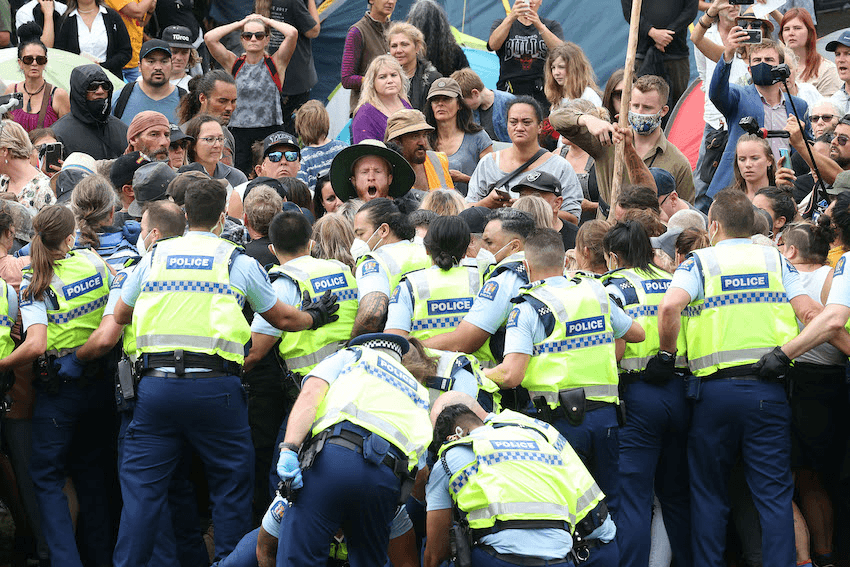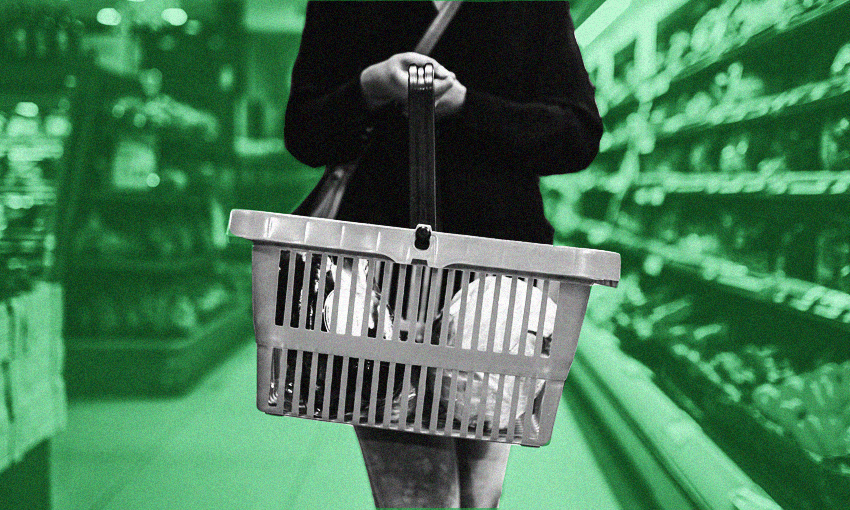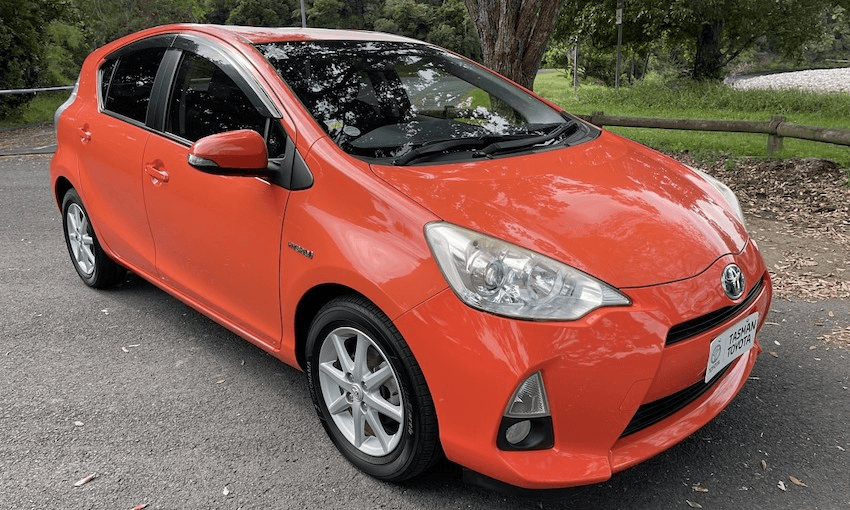National’s police spokesperson Mark Mitchell says the Independent Police Conduct Authority’s report into the police response to last year’s parliament occupation leaves some “serious questions unanswered”, particularly around potential political pressure put on police.
The report, released this morning, details an episode on February 9, the day before the ill-fated first attempt to break up the protest. Following a discussion with then deputy prime minister Grant Robertson and attorney general David Parker, speaker Trevor Mallard phoned the assistant commissioner of police. “In that conversation he communicated his view that police should remove protesters from parliament grounds. The assistant commissioner responded that he would contact the commissioner so the matter could be discussed with him.”
Mallard, Robertson and Parker later spoke with the commissioner of police, after which “the commissioner rang the assistant commissioner and made clear his expectation that there was to be a police operation on the following day to clear parliament grounds of protesters”. The assistant commissioner regarded this expectation as an order from the commissioner, said the report, and communicated it to the local controller, and the operation was commenced the next morning. The commissioner acknowledged the discussion with the politicians had been “uncomfortable”, but was “adamant that he had reached his own independent judgment”.
The report noted that many police officers spoken to believed the decision to attempt to break up the protest on February 10 was a result of strong political pressure, which some inferred intruded on police operational independence.
“The frontline staff we interviewed were overwhelmingly of the view that it was obvious to them from early in the operation (although not necessarily beforehand) that it would not succeed,” said the report. “We were repeatedly told that the direction to proceed with the operation would not have been given unless police had succumbed to the political pressure.”
The authority said it would be “most concerned” if this had been the case, and all of those involved were questioned about it. “As a result of those enquiries, we are satisfied there was nothing inappropriate in the interaction between the commissioner and either the speaker or other ministers.”
In the media release, Mitchell questioned why the tactics and operation of the police response “suddenly had a change in direction following this meeting”, and why no records of the meeting were kept.
He also questioned why the actions of Mallard, who set sprinklers on protesters and played Barry Manilow through the loudspeakers, have not been addressed, and why the then prime minister did not inform opposition leaders “that she had received a request from police to meet with protest leaders in an attempt to help with a peaceful outcome”.




